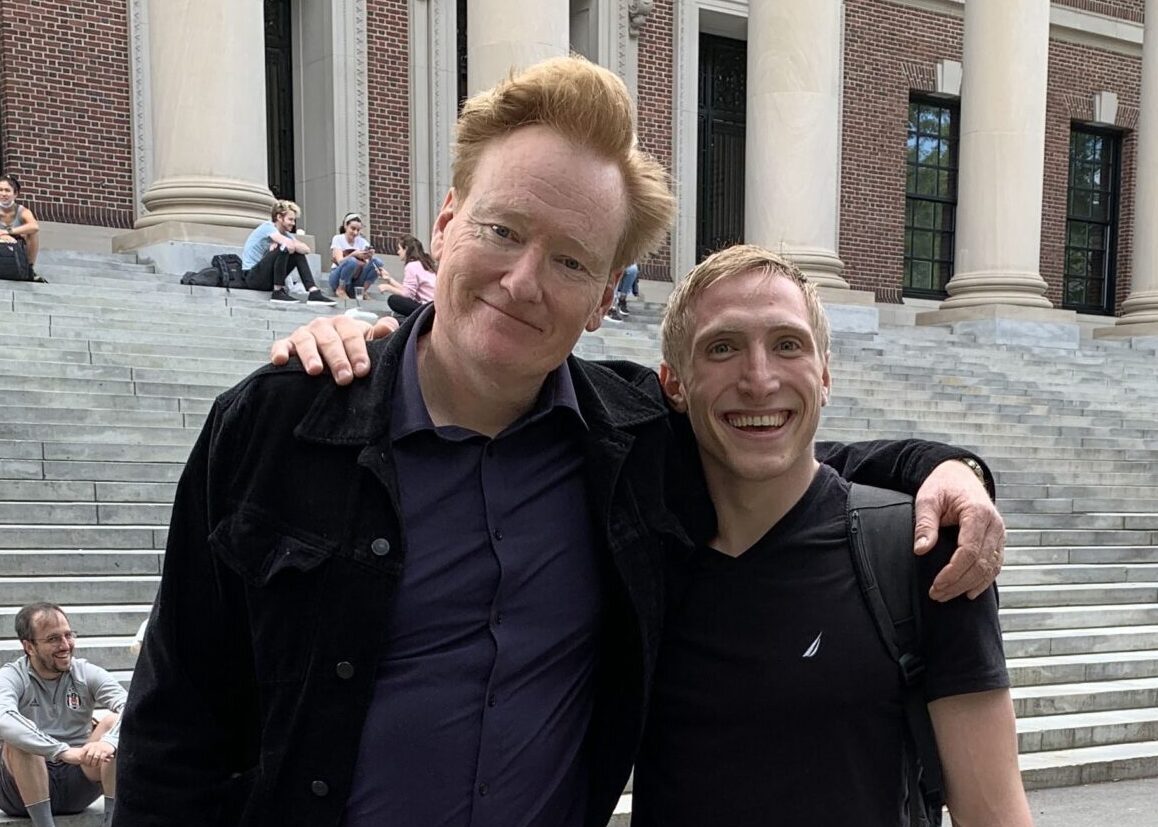
Greg Volynsky is a student at Harvard Law School.
In Today’s News & Commentary, AI ignites competing narratives about Luddites, striking actors and writers demand probe into entertainment industry consolidation, NLRB broadens scope of protected concerted activities, and UAW alleges General Motors and Stellantis are not fulfilling their duty to bargain.
On Tuesday, President of the AFL-CIO Liz Shuler made pointed comments about artificial intelligence. “We [in the labor movement] feel afraid that technology is going to make us earn less, it’s going to make our jobs worse. It’s going to dehumanize us,” she said, adding, “We better be damn sure that the benefits and wealth created are shared by all of us.”
The comments come in the midst of a battle of historic narrative. In an article published a week ago, renowned author Stephen King explained his view that attempting to forbid AI from being trained on his writing would be futile and misguided. King writes, “Would I forbid the teaching (if that is the word) of my stories to computers? Not even if I could. I might as well be King Canute, forbidding the tide to come in. Or a Luddite trying to stop industrial progress by hammering a steam loom to pieces.” With another clever literary analogy, King suggests the possibility that we may one day “love and respect” sentient artificial intelligence.
Yesterday, Brian Merchant, the technology columnist for the L.A. Times, penned a response. Merchant, who authored the forthcoming “Blood in the Machine: The Origins of the Rebellion Against Big Tech,” took no issue with characterizing those concerned about artificial intelligence as Luddites, but rather extended and reinterpreted the analogy. Luddites, Merchant explains, were not protesting the industrial technology itself, but were protesting “the bosses that were using those machines to cut their pay and shepherd them into factories.” Merchant characterizes Luddites not as “ignoramuses who smashed machines because they didn’t understand them,” but “skilled, proud cloth workers who understood all too well how machinery was being deployed against them, and fought back.”
Merchant explains how King’s own rise to prominence (“toiling in obscurity . . . publishing short stories . . . hitting the jackpot after his wife rescues an early manuscript of ‘Carrie’ from the trash can”) may no longer be possible. “[A]lmost no one” makes money selling short stories, and “life-changing advances” such as the one King received for “Carrie” are “all but impossible now for untested genre authors.”
The battle over artificial intelligence is taking place not just in op-ed columns, but in board rooms, courts, and streets. Hollywood actors and writers continue to strike, fueled by concern about use of generative AI. On Thursday, Bloomberg reported that striking employees are advocating for a probe into the decades-long entertainment industry consolidation. Members of the Writers Guild of America (WGA) West and the Screen Actors Guild have submitted over 100 comments on ongoing Federal Trade Commission rulemaking initiatives. In July, FTC Chair Lina Khan joined WGA East picketers.
In other news, the NLRB on Thursday broadened the scope of “concerted activities for the purpose of collective bargaining or other mutual aid or protection” protected under the National Labor Relations Act, rolling back a 2019 decision, Alstate Maintenance LLC. The NLRB’s decision reverts to a 1986 Meyers Industries Inc.standard, emphasizing a detailed examination of circumstances rather than a checklist. This change arose from a case involving Miller Plastic Products Inc., in which an employee’s dismissal for voicing Covid-19 concerns was declared unlawful.
Also on Thursday, the United Auto Workers (UAW) filed a labor complaint against General Motors and Stellantis, alleging they had not bargained adequately with their contracts nearing expiration. UAW President Shawn Fain criticized the automakers for not countering on wages and benefits, and even termed threats of plant closures as “economic terrorism.” Ford defended its wage increase offer to workers.
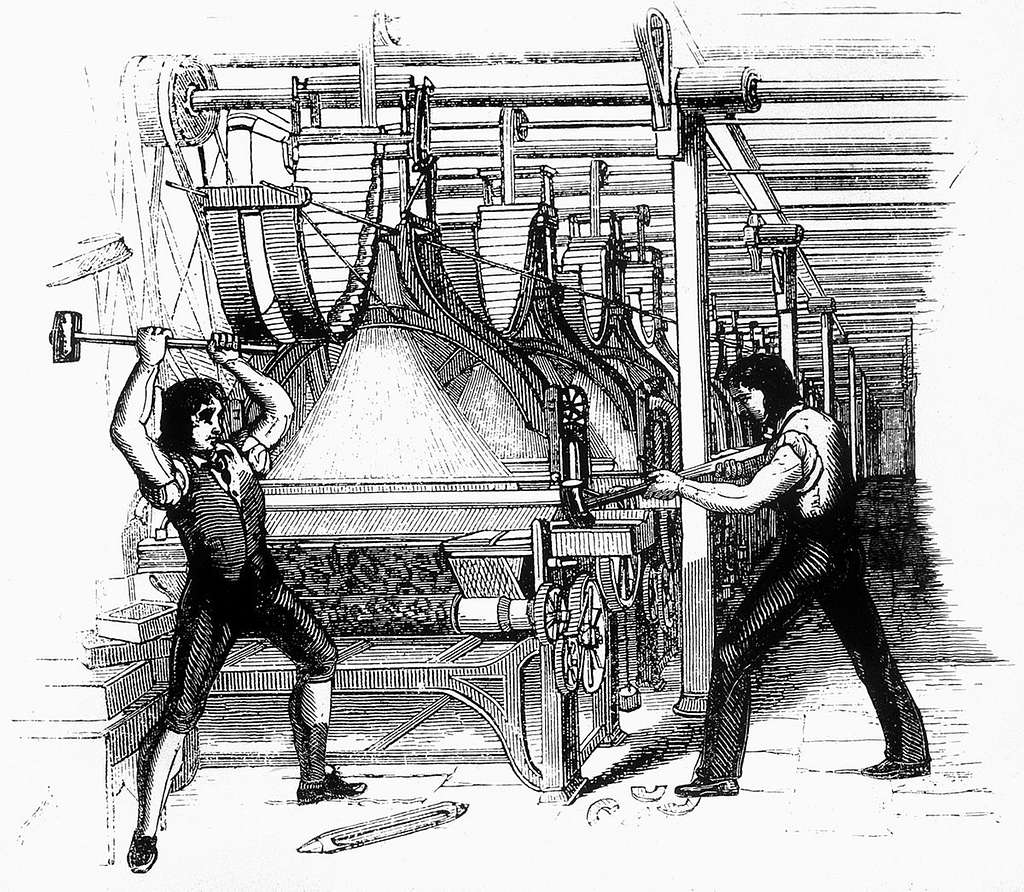
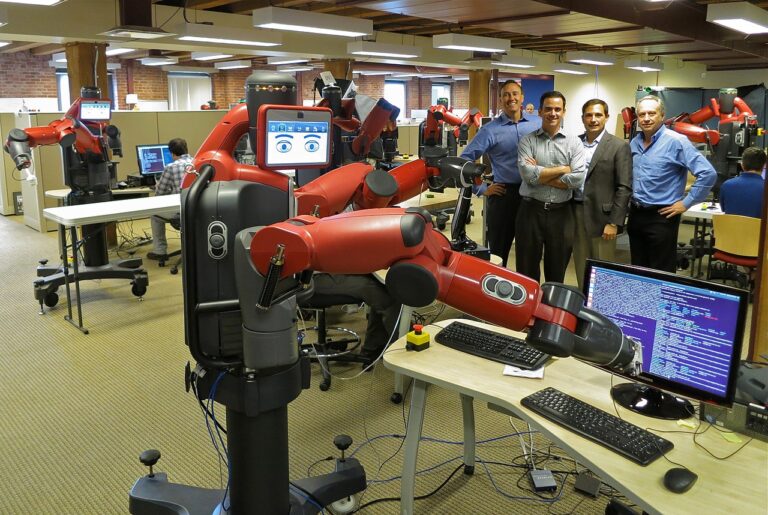
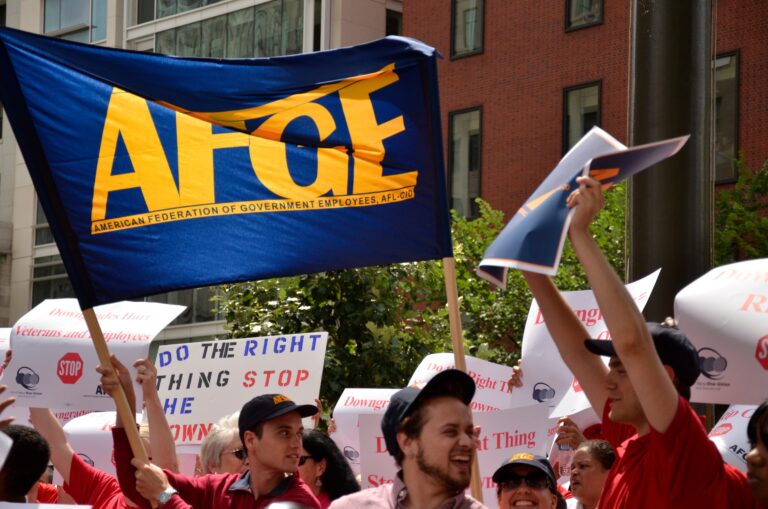
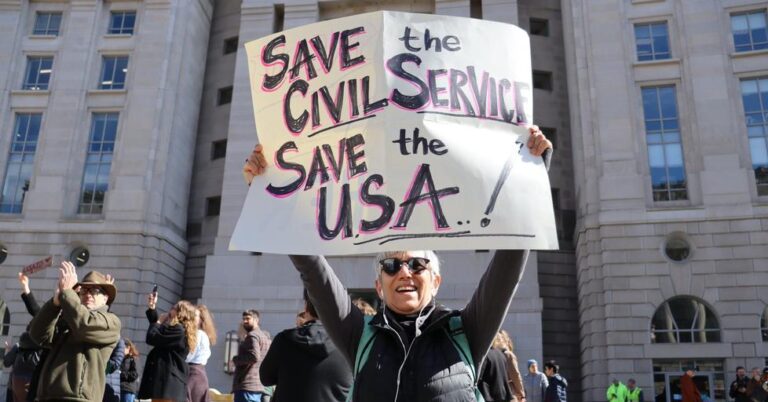


Daily News & Commentary
Start your day with our roundup of the latest labor developments. See all
December 5
Netflix set to acquire Warner Bros., Gen Z men are the most pro-union generation in history, and lawmakers introduce the “No Robot Bosses Act.”
December 4
Unionized journalists win arbitration concerning AI, Starbucks challenges two NLRB rulings in the Fifth Circuit, and Philadelphia transit workers resume contract negotiations.
December 3
The Trump administration seeks to appeal a federal judge’s order that protects the CBAs of employees within the federal workforce; the U.S. Department of Labor launches an initiative to investigate violations of the H-1B visa program; and a union files a petition to form a bargaining unit for employees at the Met.
December 2
Fourth Circuit rejects broad reading of NLRA’s managerial exception; OPM cancels reduced tuition program for federal employees; Starbucks will pay $39 million for violating New York City’s Fair Workweek law; Mamdani and Sanders join striking baristas outside a Brooklyn Starbucks.
December 1
California farmworkers defend state labor law, cities consider requiring companies to hire delivery drivers, Supreme Court takes FAA last-mile drivers case.
November 30
In today’s news and commentary, the MSPB issues its first precedential ruling since regaining a quorum; Amazon workers lead strikes and demonstrations in multiple countries; and Starbucks workers expand their indefinite strike to additional locations. Last week, the Merit Systems Protection Board (MSPB) released its first precedential decision in eight months. The MSPB had been […]